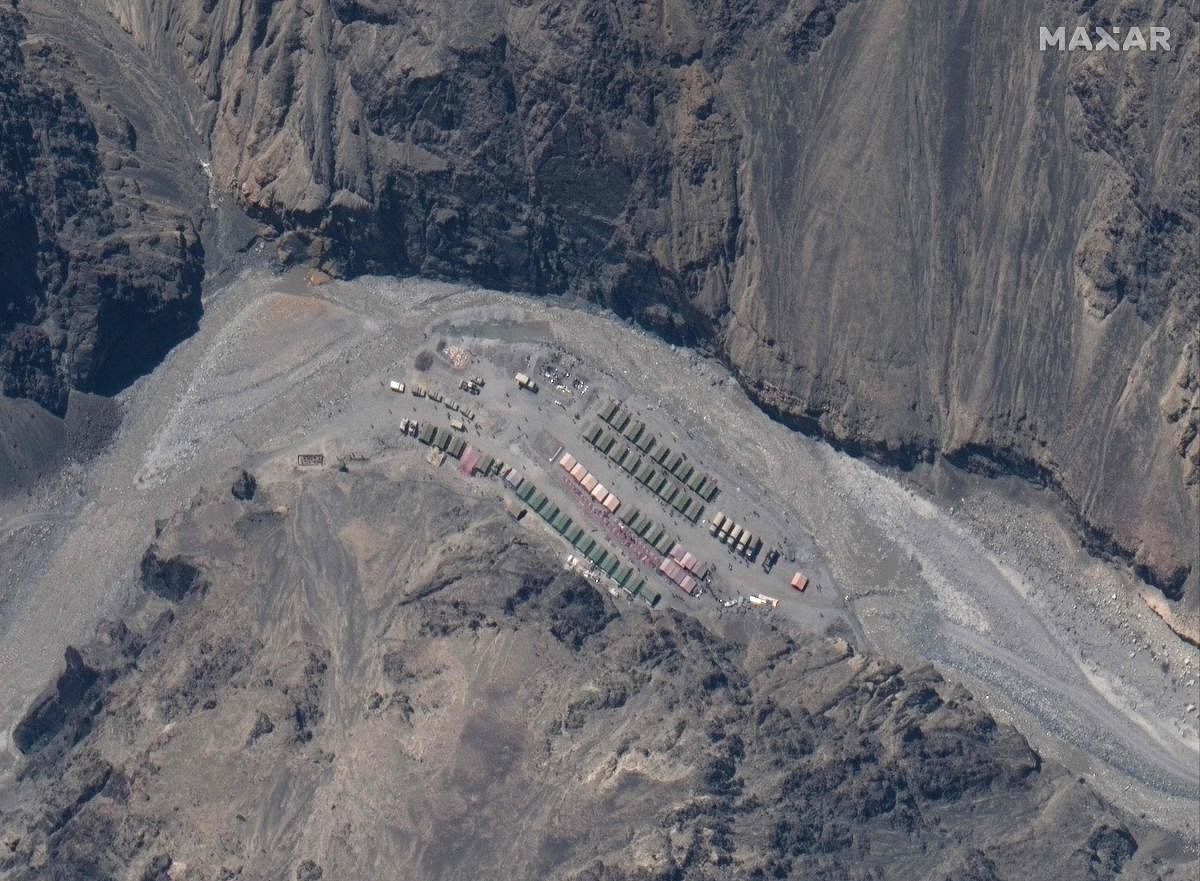
The clash between the soldiers of the two nations at Galwan Valley on June 15 was a “situation” neither China nor India would like to see, Beijing’s envoy to New Delhi, Sun Weidong, said on Friday.
He, however, tacitly re-asserted China’s claim of sovereignty over Galwan Valley just a day after India dismissed it as “exaggerated” and “untenable”. “The right and wrong of what recently happened at the Galwan Valley is very clear. China will firmly safeguard its sovereignty and territorial integrity and ensure the peace and tranquility in the border areas (with India), he said.
The Indian Army lost 20 of its solders in the violent face-off with the Chinese People’s Liberation Army (PLA) in Galwan Valley on June 15. The PLA too suffered casualties, although it never made public the number of soldiers killed or injured in the clash.
Sun noted that some people in India had been trumpeting the so-called “decoupling” of the country’s economic and trade relations with China. “One basic fact they ignore is that the current global industrial and supply chains are formed in a process of natural selection by market optimization over the past decades,” he said, underlining that the business community and people of India were the beneficiaries of China-India economic and trade cooperation. “Any self-protection, non-tariff barriers and restrictive measures against China are unfair to Chinese enterprises, unfair to Indian employees who lost their jobs as a result, and unfair to Indian consumers who cannot get access to the products and services they deserve,” he said, adding: “It will only harm others without benefit to oneself, and it will eventually hurt oneself as well.”
The nine-week-long military stand-off between the two nations eastern Ladakh and the killing of the Indian Army soldiers by the PLA personnel in Galwan Valley on June 15 triggered clamours in India to lessen economic relations with China. The government already banned use of 59 Chinese apps in India.
Beijing’s envoy to New Delhi issued a video statement to clarify “some fundamental points” as he noted that the Galwan Valley clash had made “some quarters in India” to doubt about the consensus reached by Prime Minister Narendra Modi and Chinese President Xi Jinping during the informal summits in April 2018 and October 2019. He said that some people in India had wrong perception of the direction of China-India relations. “These have brought disruptions to the bilateral relationship.”
The video-statement was circulated by the Embassy of the People’s Republic of China in New Delhi as the two nations started withdrawing soldiers from the face-off scenes along the LAC in eastern Ladakh.
“I believe China and India have the wisdom and capability to properly handle differences and not fall into the trap of conflict,” said Sun, adding: “We should seek common development as partners rather than opponents or adversaries. Why should we fight against each other that will only hurt those close to us and gladden the foes?”
He referred to “some emerging opinions” in recent days which repudiated “the essence of China-India friendship due to the border-related incidents, make false assumptions about China's intentions, exaggerate conflicts and provoke confrontations, and regard a close neighbor over thousands of years as "enemies" and "strategic threats". “It is not the fact. It is harmful indeed and not helpful.”
Sun said that China and India needed to pursue a “win-win cooperation” instead of indulging in a “zero-sum game”. “As two major neighboring countries, it is natural that China and India may have some differences. We have been holding dialogues and negotiations to manage differences. We should always bear in mind the overall bilateral relations, put differences in an appropriate place and not allow differences to interfere with bilateral relations.”
